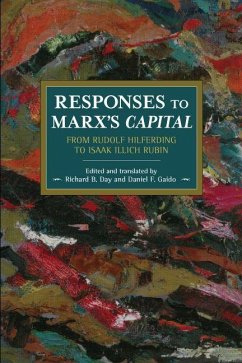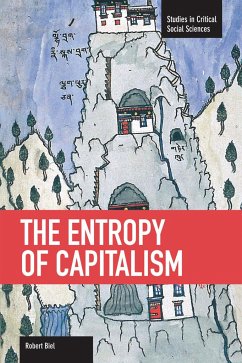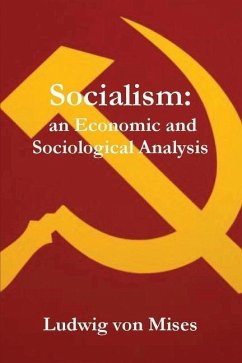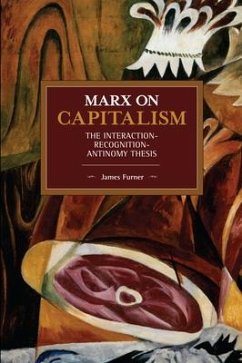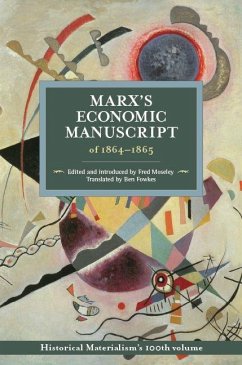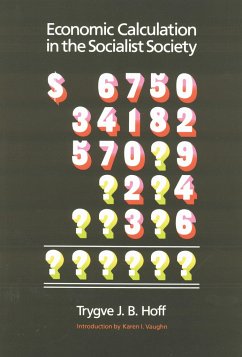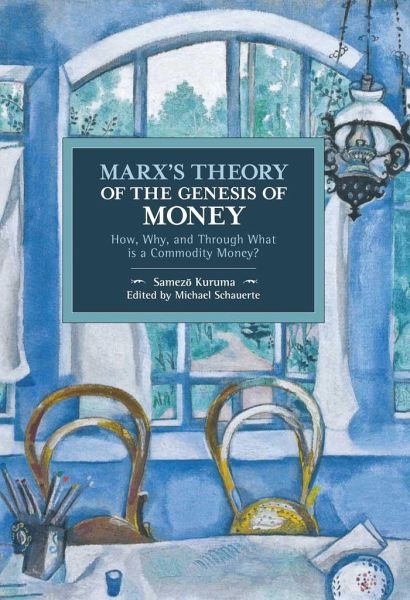
Marx's Theory of the Genesis of Money
How, Why, and Through What Is a Commodity Money?
Herausgeber: Schauerte, Michael / Übersetzer: Schauerte, Michael

PAYBACK Punkte
15 °P sammeln!
In this volume, Kuruma analyses Marx's approach to the commodity and money in the first two chapters of Capital, vol I., including a discussion of the theory of the value-form and other important theoretical questions posed by Marx.





